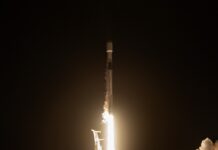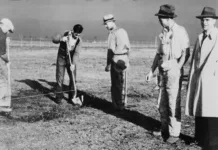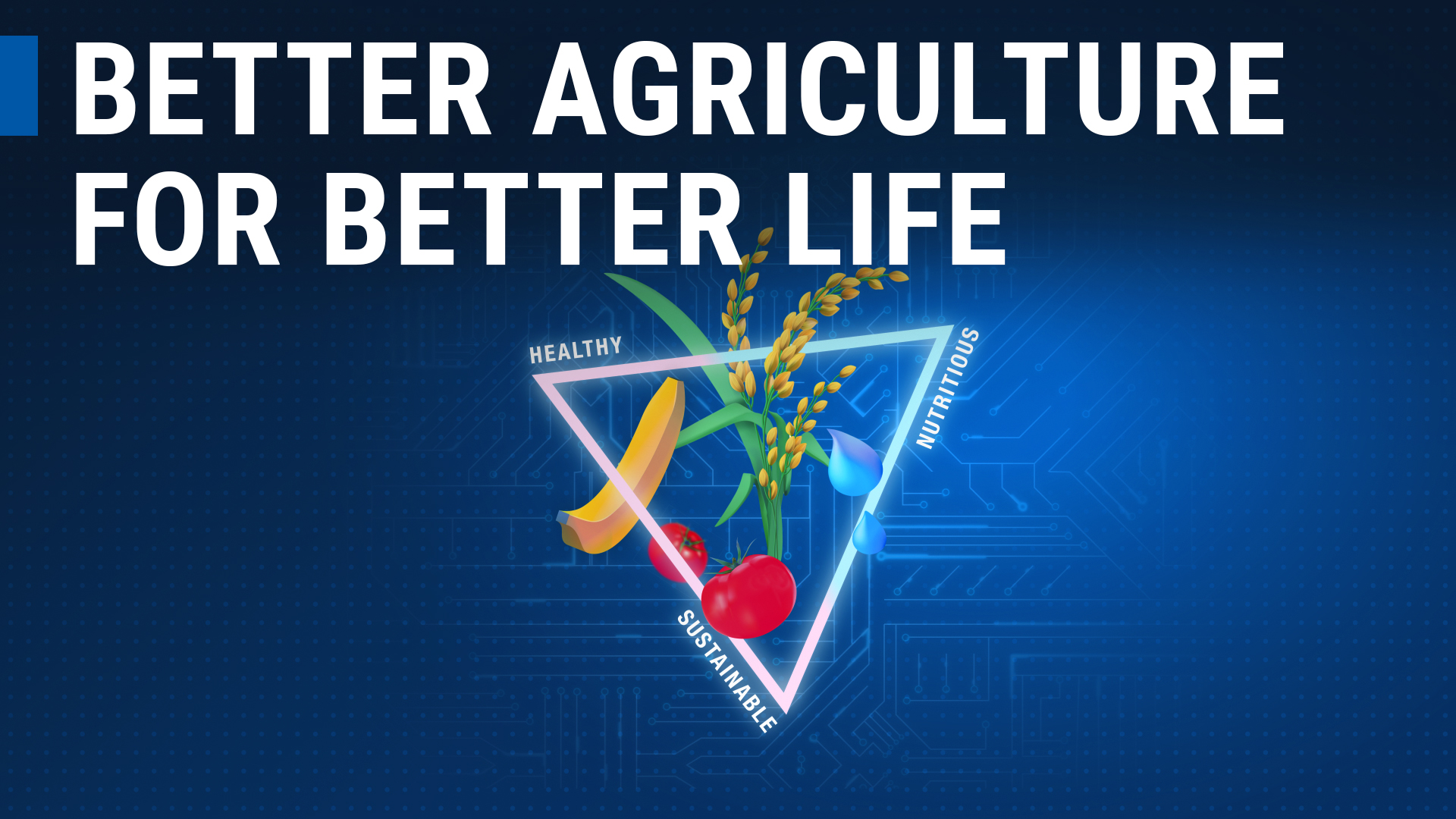The Growing Issue of Food Shortages and Hunger
The global problem of food shortages and hunger is becoming increasingly severe. Several factors are contributing to this crisis, including climate change and the rising competition for natural resources. These issues are putting immense pressure on food production systems worldwide, making it difficult for many people to access the food they need for a healthy life.
Introducing Atoms4Food: A Joint IAEA and FAO Initiative
To address this critical issue, the International Atomic Energy Agency (IAEA) and the Food and Agriculture Organization (FAO) have launched a collaborative initiative called Atoms4Food. This initiative is designed to help countries enhance their food security and combat the growing problem of hunger. By leveraging nuclear technology, Atoms4Food aims to revolutionize agrifood systems and enable nations to adapt to the challenges posed by climate change.
Focus of the 2024 IAEA Scientific Forum
Recognizing the importance of this initiative, the IAEA has dedicated its 2024 Scientific Forum to exploring the transformative potential of nuclear technology in the agrifood sector. The forum will delve into how these technologies can be utilized to address food insecurity and support countries in adapting to climate change.
During this event, experts from around the world will gather to discuss innovative solutions and share insights on how nuclear technology can be applied to improve agricultural productivity, enhance food safety, and ensure sustainable food systems. You can learn more about this event by visiting the IAEA’s official page [here](https://www.iaea.org/about/governance/general-conference/gc68/scientific-forum).
Understanding Nuclear Technology in Agriculture
Nuclear technology in agriculture may sound complex, but it essentially involves using techniques derived from nuclear science to improve food production and safety. For example, radiation can be used to develop new crop varieties that are more resistant to pests and diseases. This process, known as mutation breeding, speeds up the natural mutation process, allowing scientists to create crops that can better withstand environmental stresses.
Another application of nuclear technology is in soil and water management. Isotopic techniques can help scientists understand how water moves through soil and how plants use nutrients. This information can then be used to develop more efficient irrigation systems and fertilizer practices, which are crucial for increasing crop yields in a sustainable manner.
Addressing Climate Change Challenges
Climate change poses a significant threat to global food security. Extreme weather events, such as droughts and floods, can devastate crops and reduce food production. Atoms4Food aims to help countries build resilience to these challenges by promoting the use of climate-smart agricultural practices.
For instance, nuclear techniques can be employed to improve the efficiency of water use in agriculture. By understanding how water is absorbed and utilized by crops, farmers can adopt irrigation practices that minimize water wastage and ensure that crops receive the right amount of water at the right time. This is particularly important in regions that are prone to drought.
Additionally, nuclear technology can be used to monitor and mitigate the impact of climate change on natural resources. Isotopic analysis can provide valuable data on soil health, water quality, and the effects of climate change on ecosystems. This information is essential for developing strategies to protect and sustainably manage natural resources.
Global Collaboration for Food Security
Atoms4Food represents a significant step forward in the global effort to achieve food security. By fostering collaboration between countries and organizations, this initiative aims to share knowledge, resources, and technologies that can help address the root causes of hunger and food shortages.
International cooperation is crucial for tackling such a complex issue. By working together, countries can pool their expertise and develop innovative solutions that are tailored to the specific needs of different regions. This collaborative approach ensures that the benefits of nuclear technology are accessible to all, particularly those in developing countries that are most vulnerable to food insecurity.
Success Stories and Future Prospects
The use of nuclear technology in agriculture has already yielded positive results in several countries. For example, in Bangladesh, the introduction of salt-tolerant rice varieties developed through mutation breeding has significantly increased rice production in coastal areas affected by salinity. Similarly, in Kenya, the use of isotopic techniques has improved the efficiency of water use in agriculture, leading to higher crop yields and better water management practices.
Looking ahead, the potential for nuclear technology to transform agrifood systems is immense. As more countries adopt these technologies and share their experiences, the global community can make significant strides toward achieving food security and sustainable agriculture.
Conclusion
The growing issue of food shortages and hunger requires urgent attention and innovative solutions. Through the Atoms4Food initiative and the dedicated efforts of the IAEA and FAO, nuclear technology offers a promising path forward. By enhancing agricultural productivity, improving food safety, and addressing the challenges of climate change, this initiative aims to build a more food-secure world for future generations.
For more information about the 2024 IAEA Scientific Forum and the Atoms4Food initiative, please visit the official [IAEA website](https://www.iaea.org/about/governance/general-conference/gc68/scientific-forum).
For more Information, Refer to this article.


































